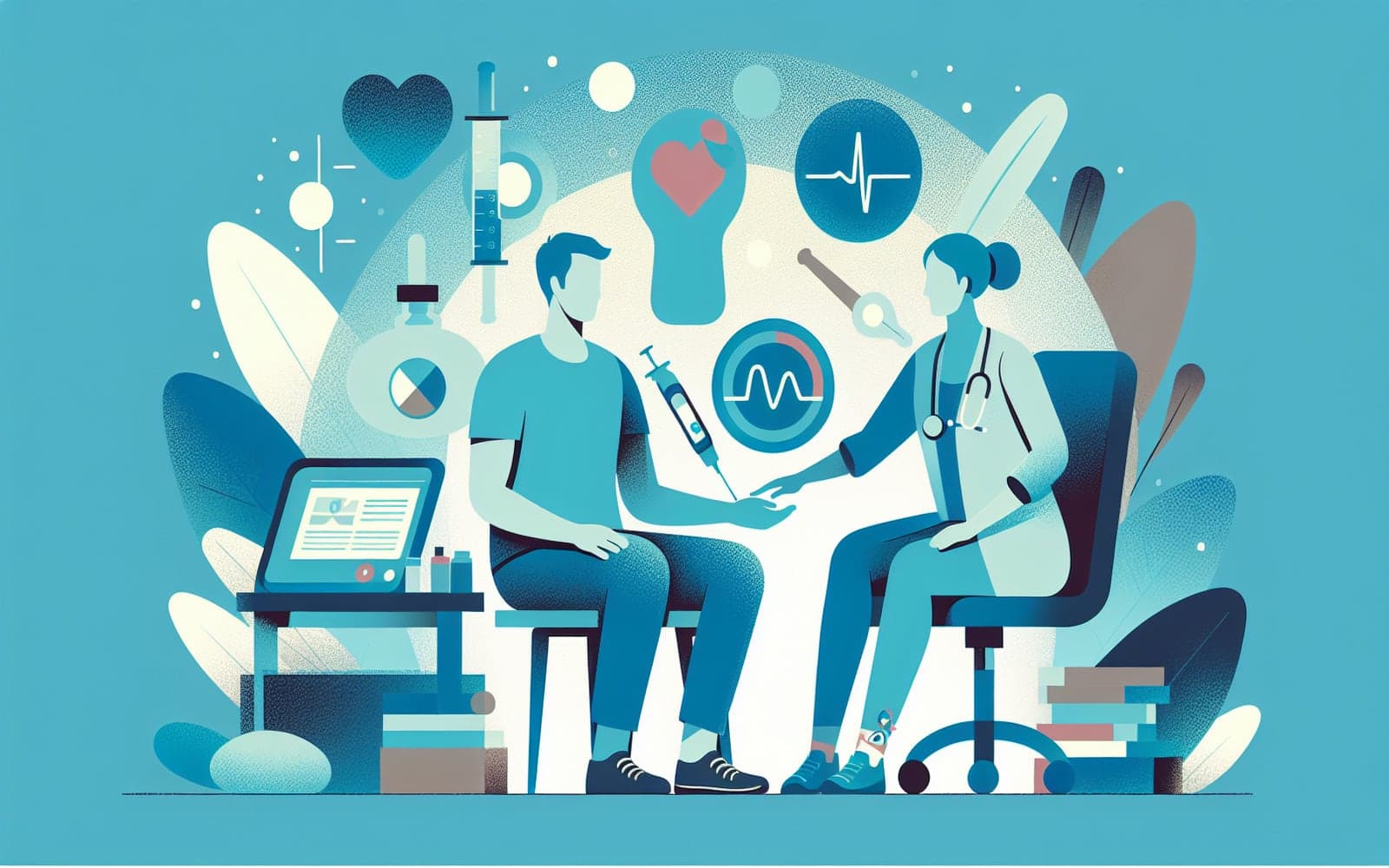Recognizing the Signs: Symptoms of Diabetic Polyneuropathy
Published: Dec 19, 2023
Recognizing the symptoms of diabetic polyneuropathy is essential for early diagnosis and management.
Contents
Common Symptoms
Diabetic polyneuropathy commonly presents with symptoms such as numbness, tingling, and burning sensations in the hands and feet. These symptoms often start in the toes and progress upward. Early detection of these symptoms is crucial for preventing further nerve damage.
Progression of Symptoms
As the condition progresses, symptoms can worsen and spread to other parts of the body. Individuals may experience muscle weakness, loss of balance, and difficulty walking. Recognizing these changes early can help in adjusting treatment plans and improving quality of life.

Autonomic Symptoms
In some cases, diabetic polyneuropathy can affect the autonomic nerves, leading to symptoms like digestive issues, dizziness, and bladder problems. These symptoms occur due to damage to the nerves that control involuntary body functions and require specific management strategies.
Frequently Asked Questions
Numbness and tingling in the feet are common early signs.
Yes, symptoms can progress to other body parts and worsen over time.
Digestive issues and dizziness can occur due to autonomic nerve damage.
Key Takeaways
Early recognition of symptoms can lead to better management and outcomes in diabetic polyneuropathy.
Try it out: Speak with Doctronic if you're experiencing symptoms of diabetic neuropathy.Related Articles
References
Zhu J, Hu Z, Luo Y, et al. Diabetic peripheral neuropathy: pathogenetic mechanisms and treatment. Front Endocrinol (Lausanne) 2023; 14:1265372.
Jamwal S, Sharma S. Vascular endothelium dysfunction: a conservative target in metabolic disorders. Inflamm Res 2018; 67:391.
Always discuss health information with your healthcare provider.

